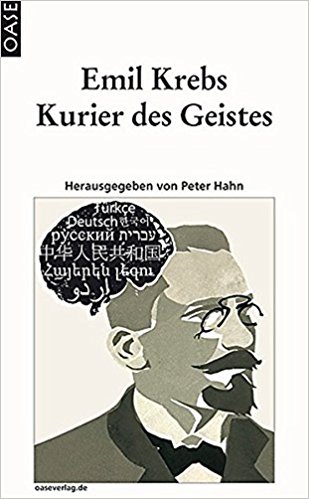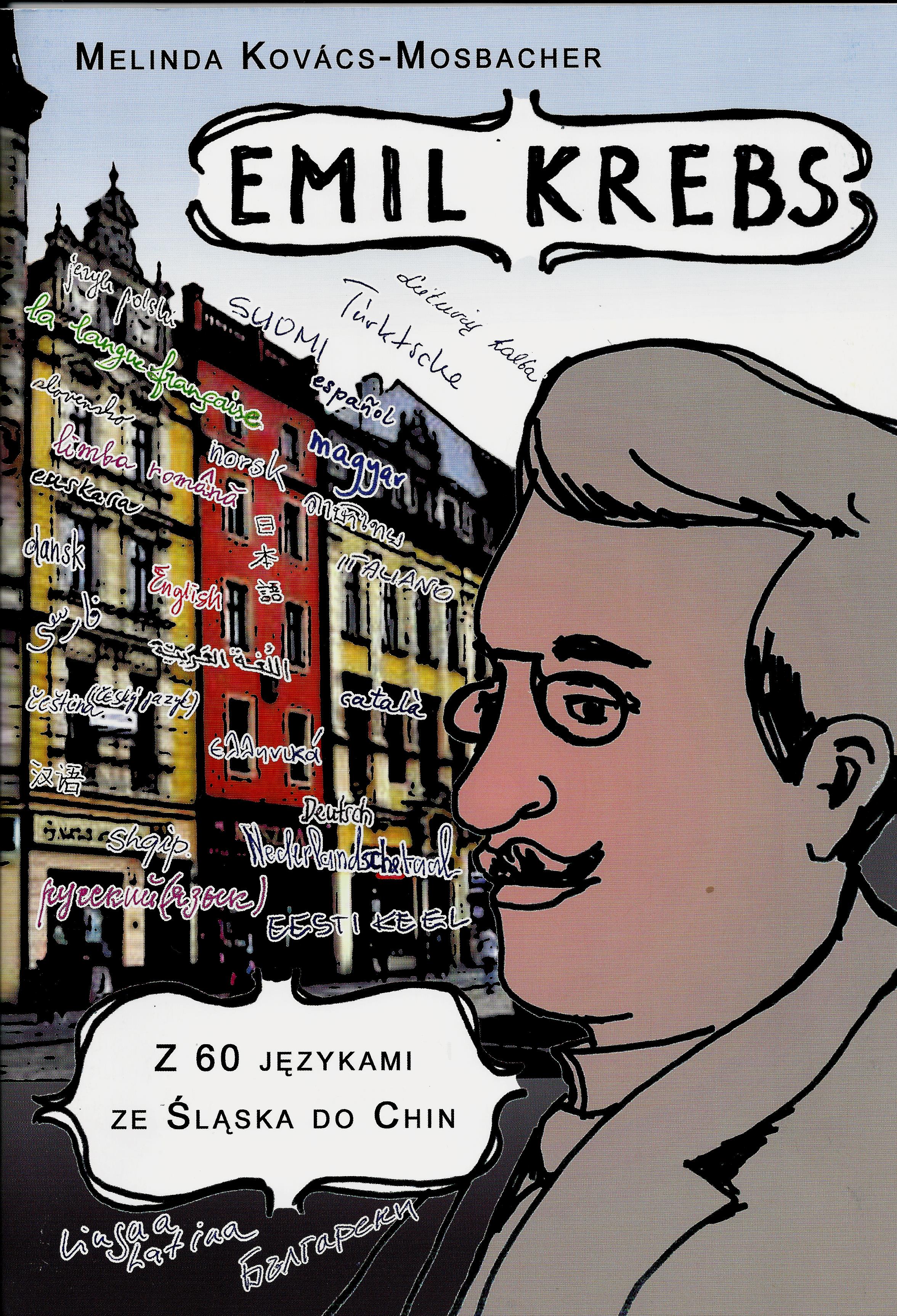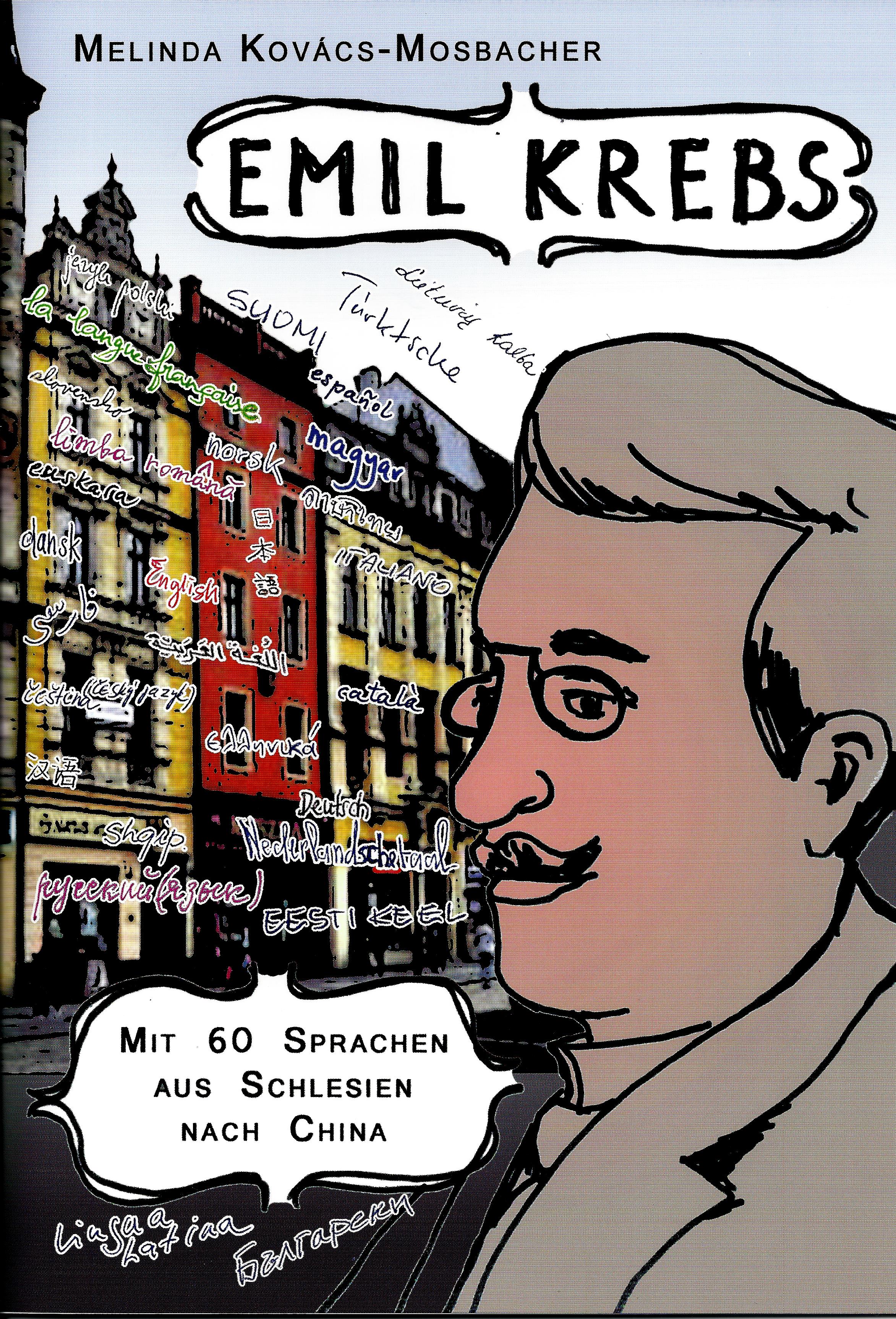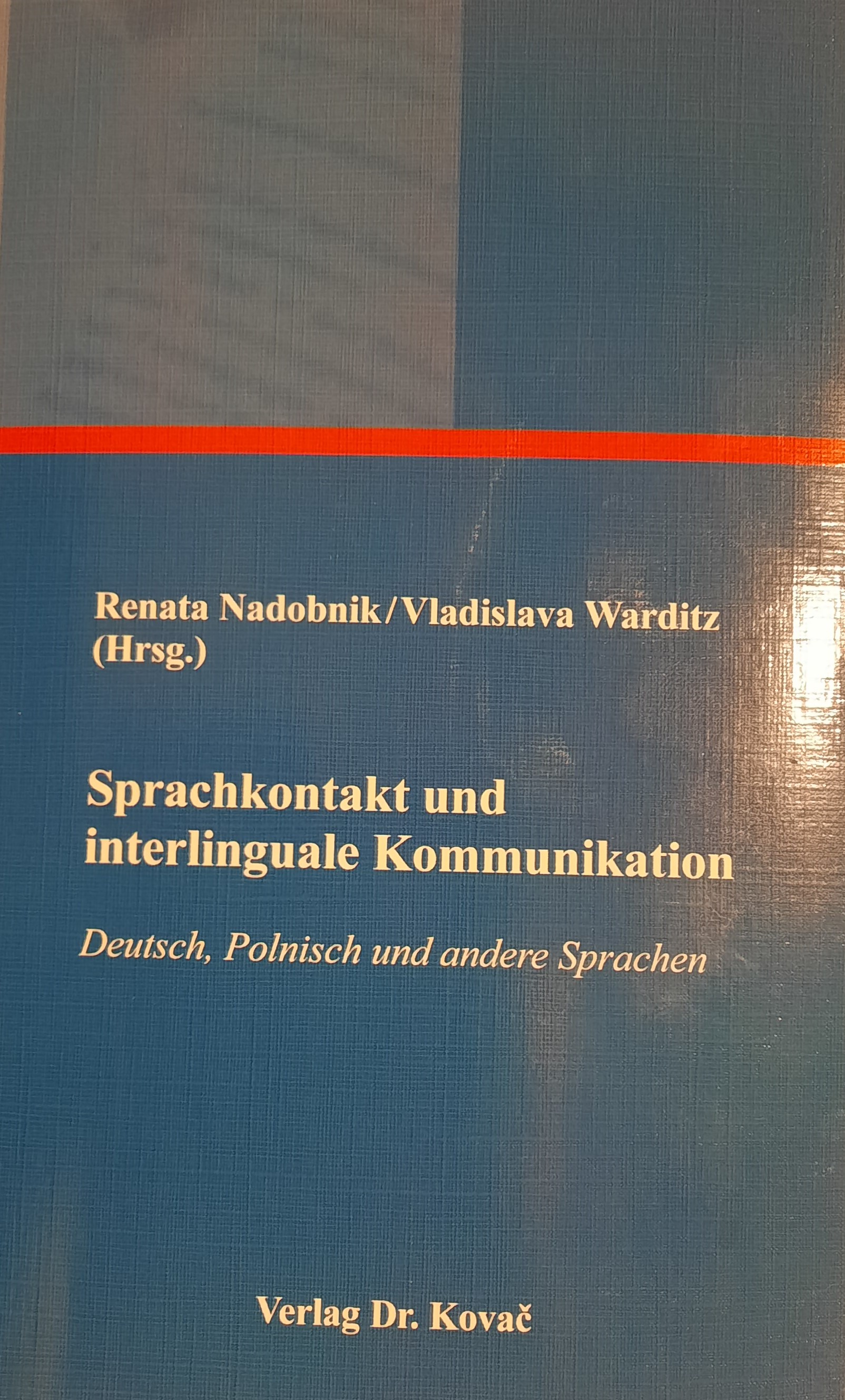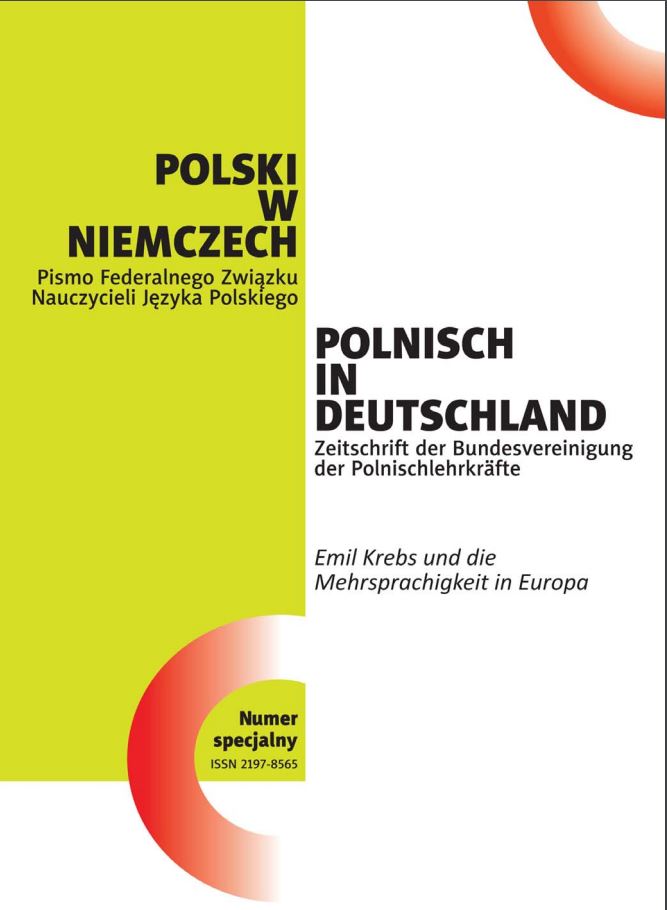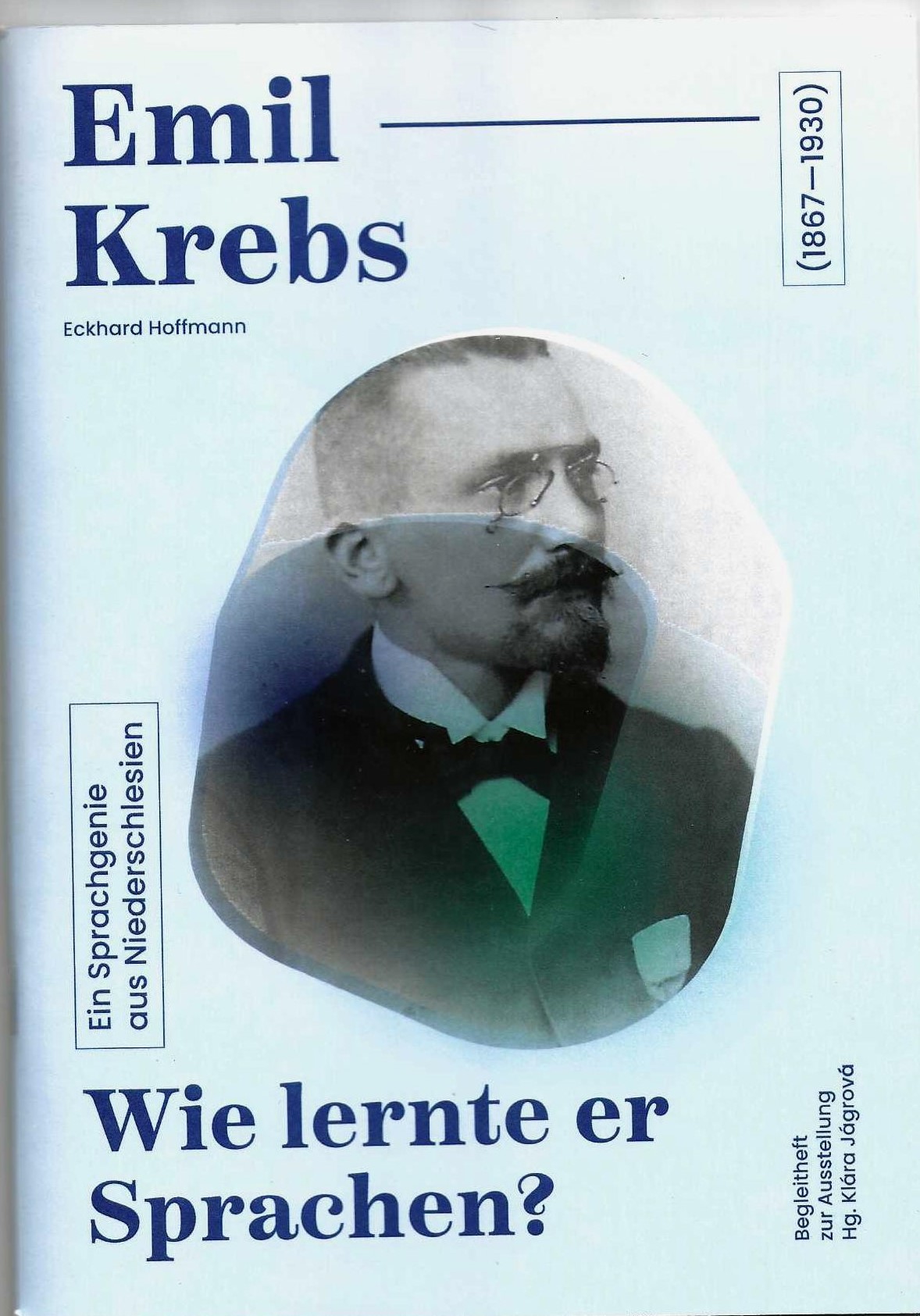Emil Krebs
"Ein Sprachgenie im Dienste der Diplomatie"
This new version on the life and work of the multilingual Emil Krebs in the series "Fremdsprachen in Geschichte und Gegenwart" (Foreign Languages in History and the Present) published by Harrassowitz Verlag Wiesbaden contains information that was not yet known at the time of publication of "Emil Krebs. Kurier des Geistes" was not yet known. The preparation and citation of the data sources provide a detailed and comprehensive insight into the events and environment of the Silesian diplomat Krebs at the time. Additional publications that have only now been researched and extensive information on his unique library give an idea of his extraordinary linguistic genius. An approximately 200-page documentation of correspondence between Gustav Krupp von Bohlen und Halbach and Emil Krebs reveals information that was previously unknown and could not be extracted from Krebs' personal file. Travel accounts lead to a historical China.
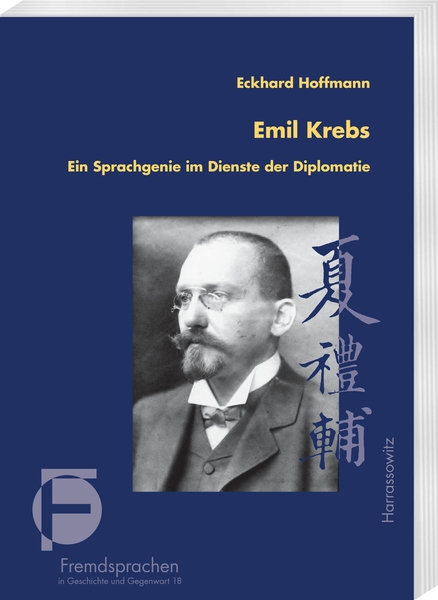
|
|
Review by Wolfgang Look, Consulate General Amsterdam
„InternAA“ Edition 11 / November 2017, Staff newspaper of the Federal Foreign Office
With every language learned, it is said, a person is born anew. So too does the linguistic wonder Emil Krebs experience a worthy renaissance in an extensive book by his relative Eckhard Hoffmann. The knowledgeable and critically commented presentation of his long-standing work, primarily as an interpreter at the embassy in China, is filled with admiration and is done using original source material: personal letters, academic writings, internal documents from the personnel department, expressive photos from the time, and more. The opus is a treat for bibliophiles and offers deep insights behind the scenes of that time. It emphasizes that Emil Krebs did not limit himself to linguistic encyclopedism but also wrote political and cultural texts. The reader immerses themselves in the adventurous and glorious spirit of the imperial era and learns with Emil Krebs to see the world through the eyes of China and other peoples. Emil Krebs notes that other peoples must not only be perceived as objects but also possess a long-standing independence, understanding of which is an important prerequisite for long-term peace. He mastered over 60 languages and learned them under sometimes curious circumstances, which are retold anecdotally and contain not only language teaching tips but also a plea for today: Learn languages and thereby see the world with young, fresh, and flexible eyes in polyglot polyphony!
Review by Dr. Hartmut Walravens, Berlin (published by Verlag Traugott Bautz, 37412 Herzberg, received from Harrassowitz Verlag, Wiesbaden)
Wikipedia: Dr. Walravens
Polyglots were often the subject of fascination. Mastery of 4-6 languages is not so rare today, but when it comes to speaking and writing and not just conversation is required, but really in-depth mastery of these languages, the picture changes. It is indeed sensational when someone speaks twenty, thirty or forty languages and is able to learn another language in six weeks. The average citizen, who can barely distinguish between two languages and is proud of his Denglish, is astonished. ...
Read the whole German review here.
Review by Rolf-Harald Wippich (published by Deutsche Gesellschaft für Natur- und Völkerkunde Ostasiens (OAG))
OAG information regarding Rolf-Harald Wippich
The following is about someone who was already considered a real language prodigy during his lifetime and who apparently had an innate disposition for learning foreign languages. We are referring to Emil Krebs (1867-1930), a native of Lower Silesia, who achieved philological merits beyond the German-speaking borders, above all as a long-standing interpreter at the Imperial Legation in Peking and in the colonial administration of Kiautschou (1893-1917). ...
Read the whole german review here: OAG notice 12.2018
Emil Krebs. śląski poliglota
by Eckhard Hoffmann, tłumaczenie (translation) Sobiesław Nowotney
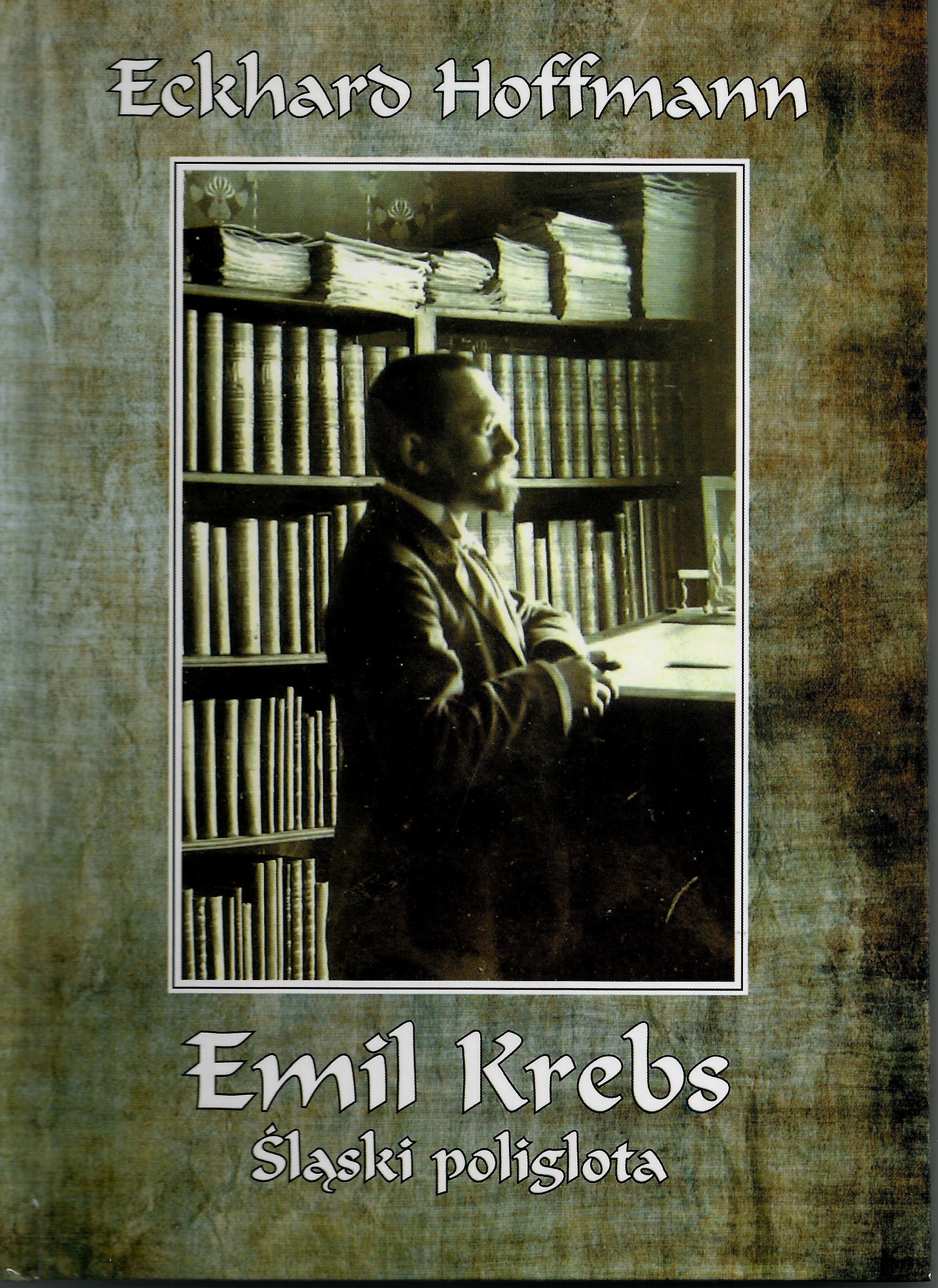
|
|
You can now read the complete version of the above-mentioned book in Polish at the following link:
http://historia-swidnica.pl/wp-content/uploads/2020/04/EMIL-KREBS.pdf?fbclid=IwAR1fZkU3zD139ybhimmE6ePJNIbc9T82o_jXYIc2ZaKt916kzIR1Fof4Rcg
